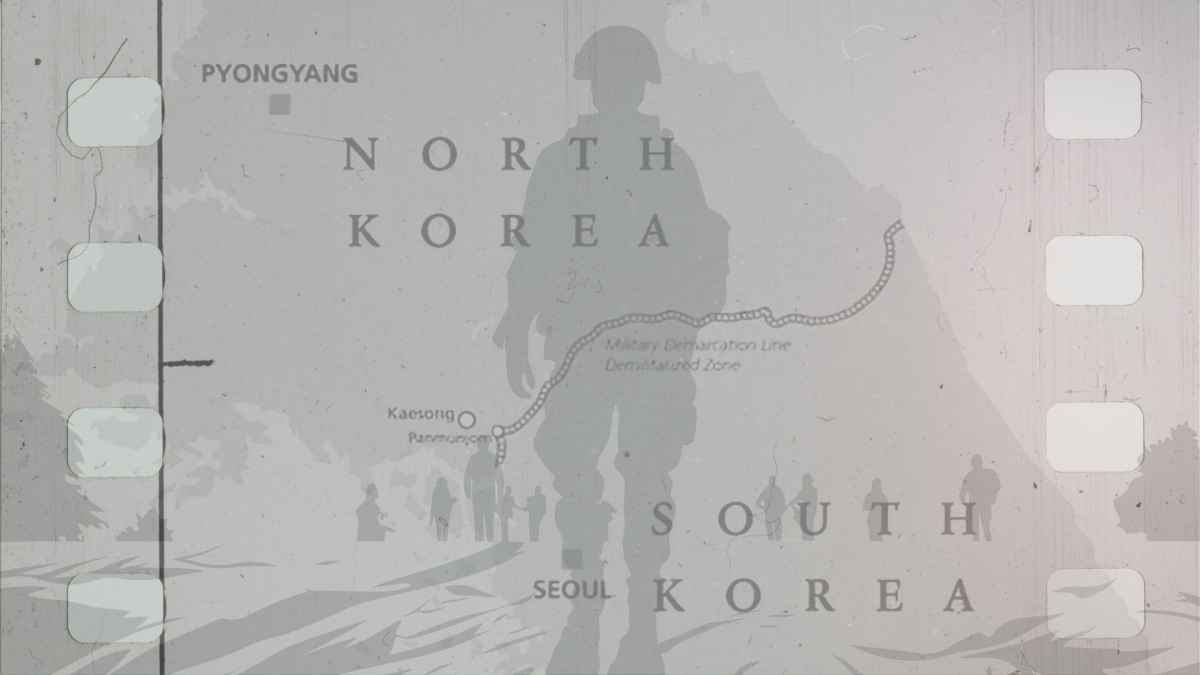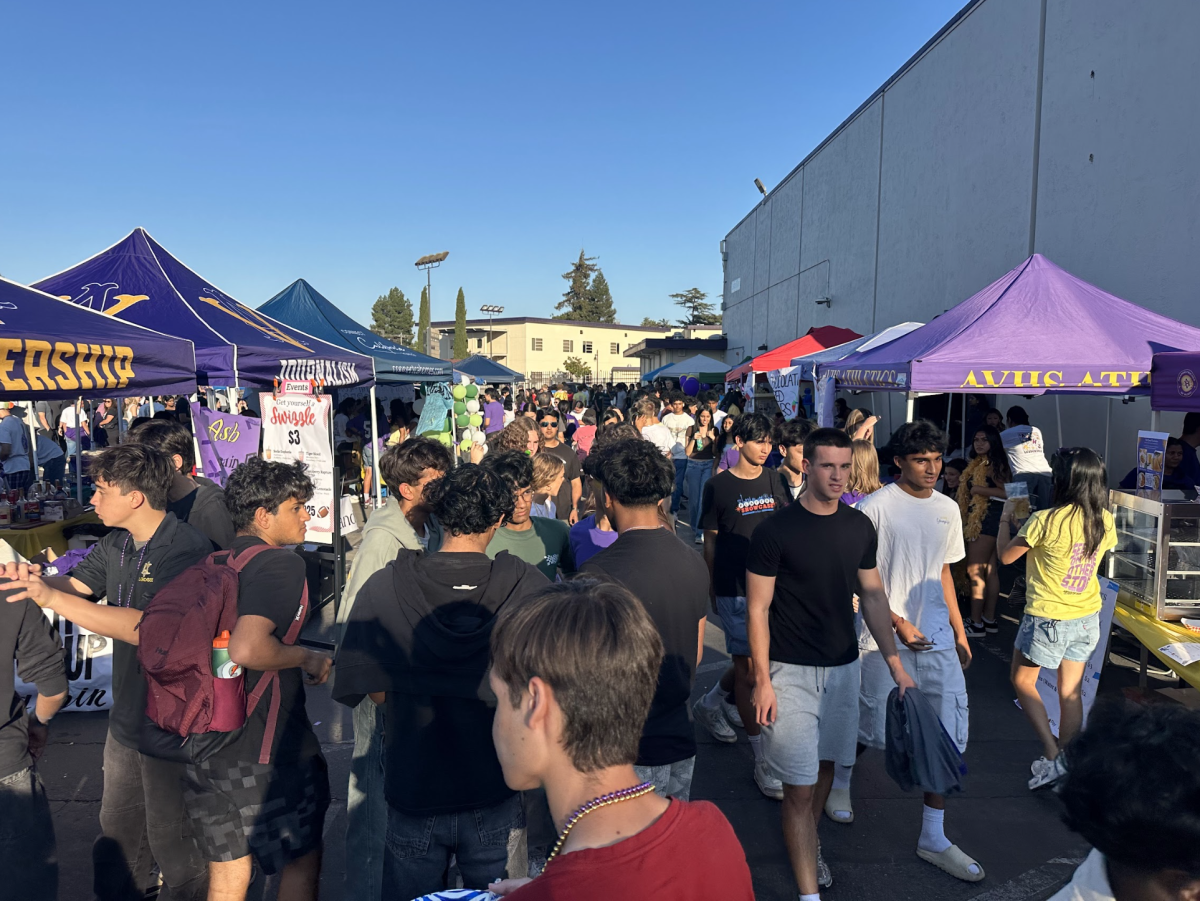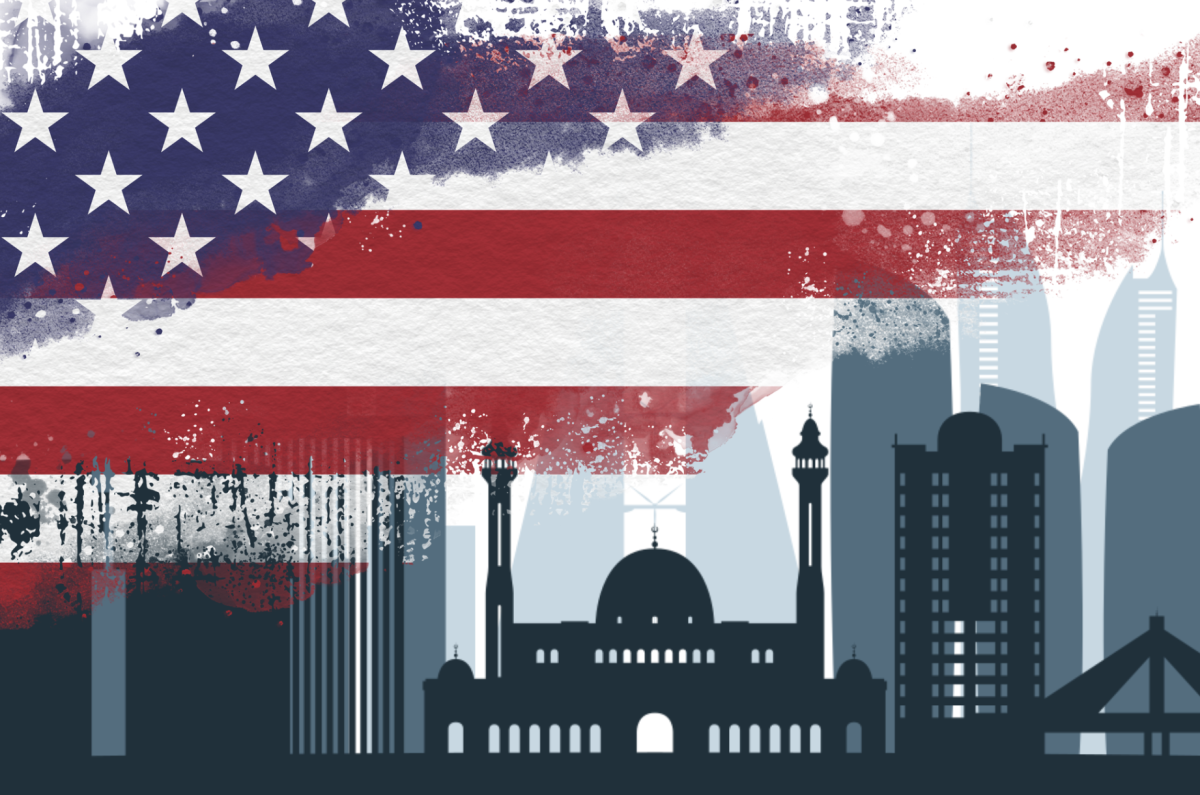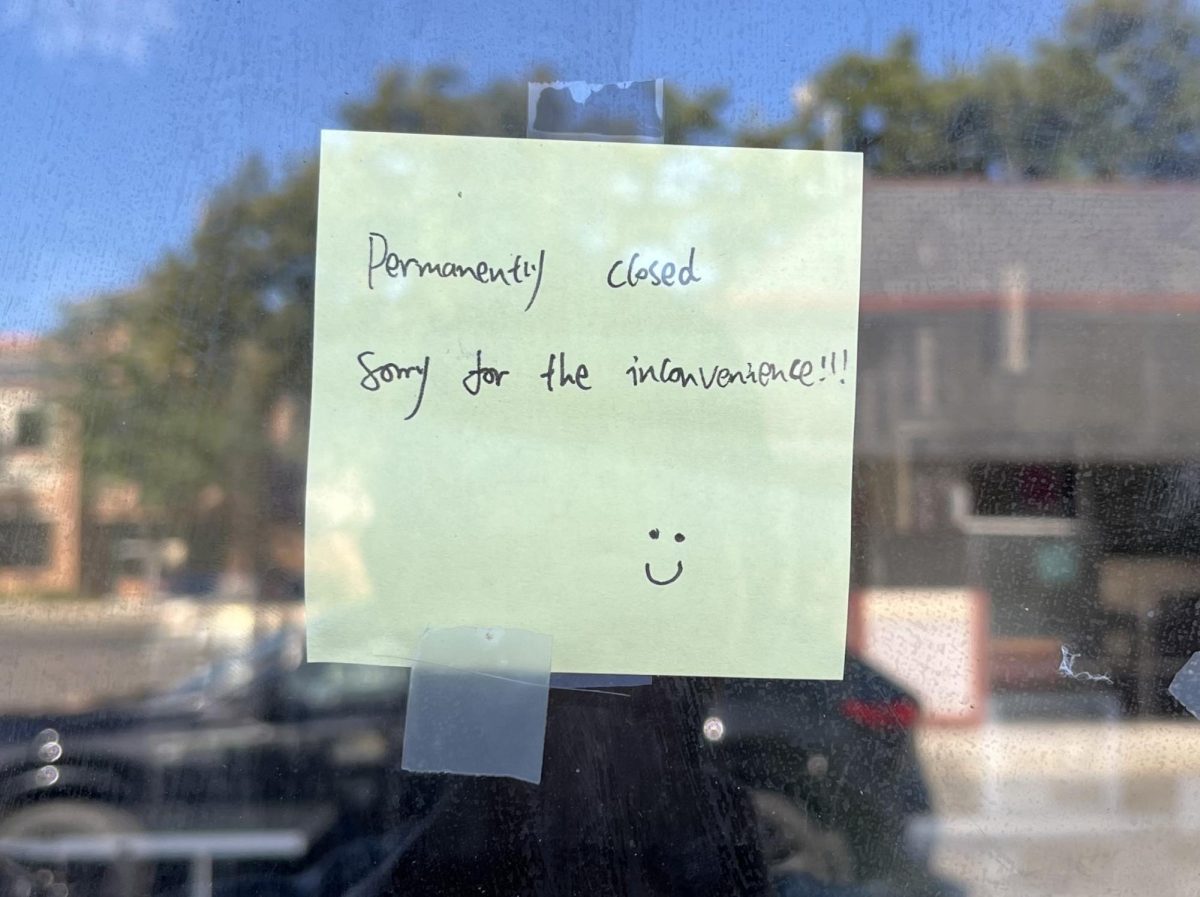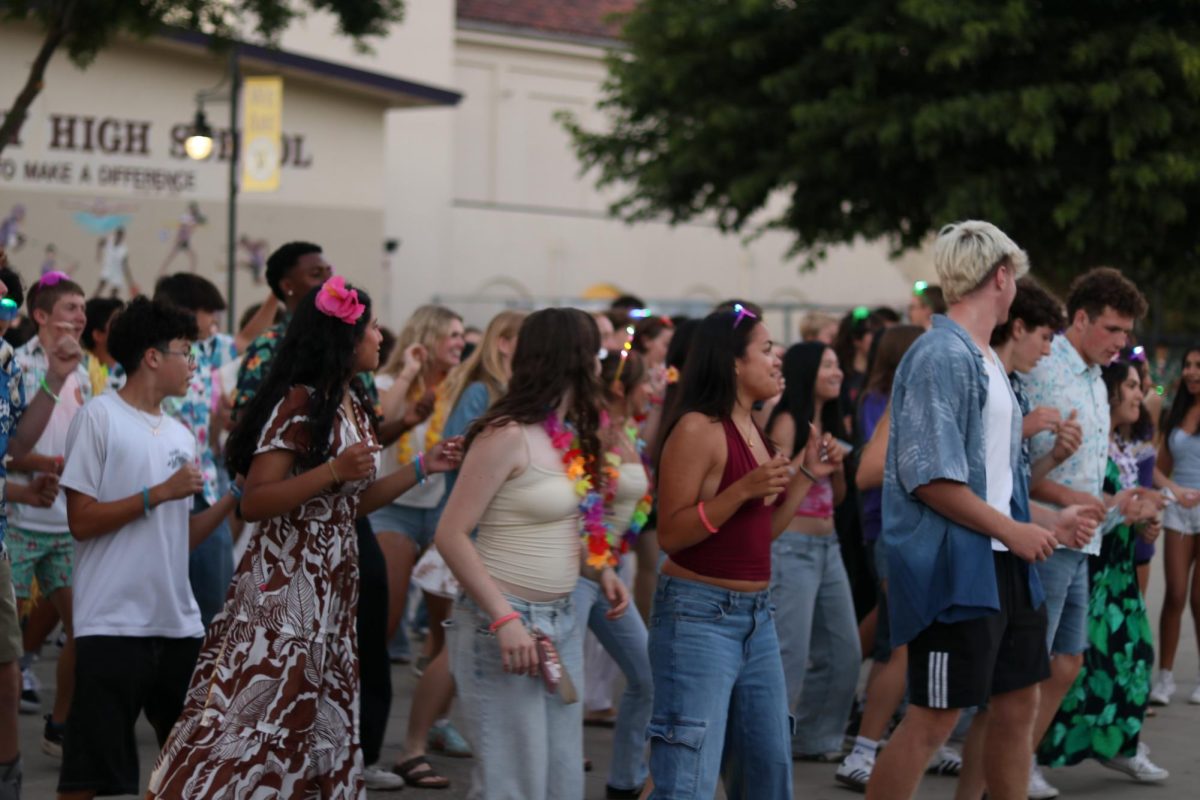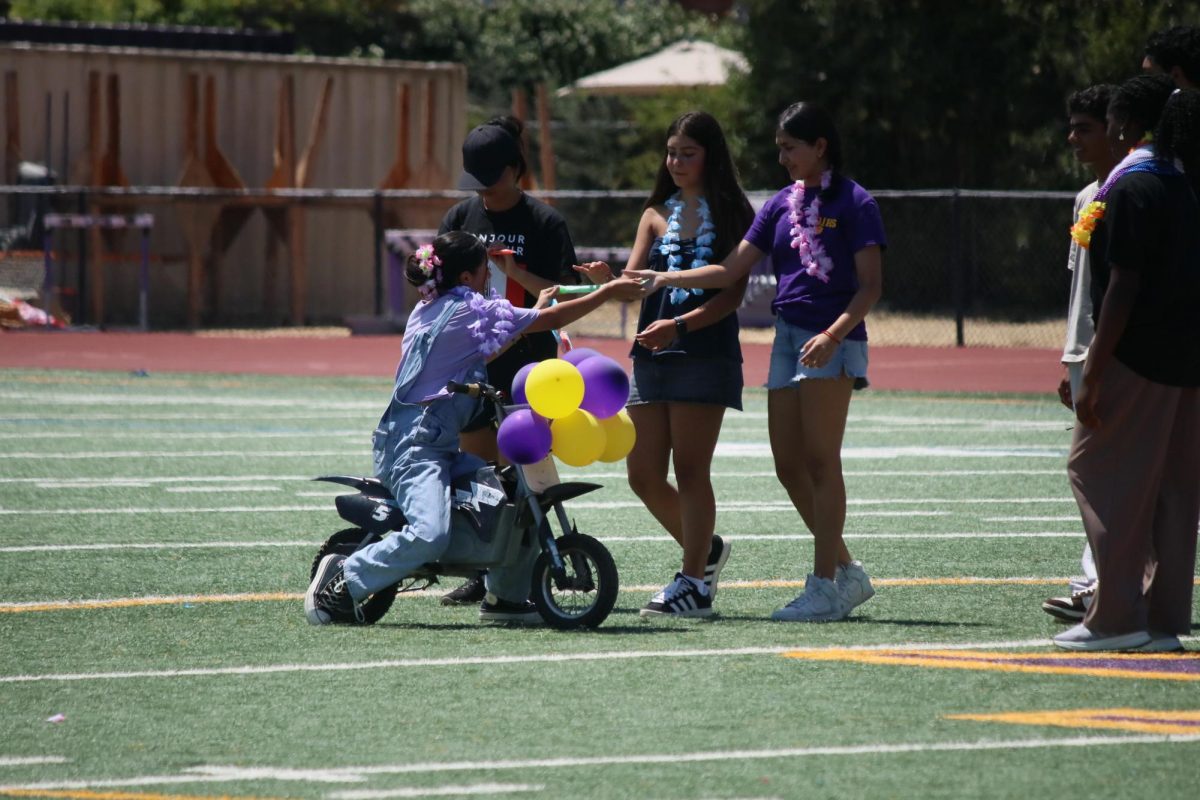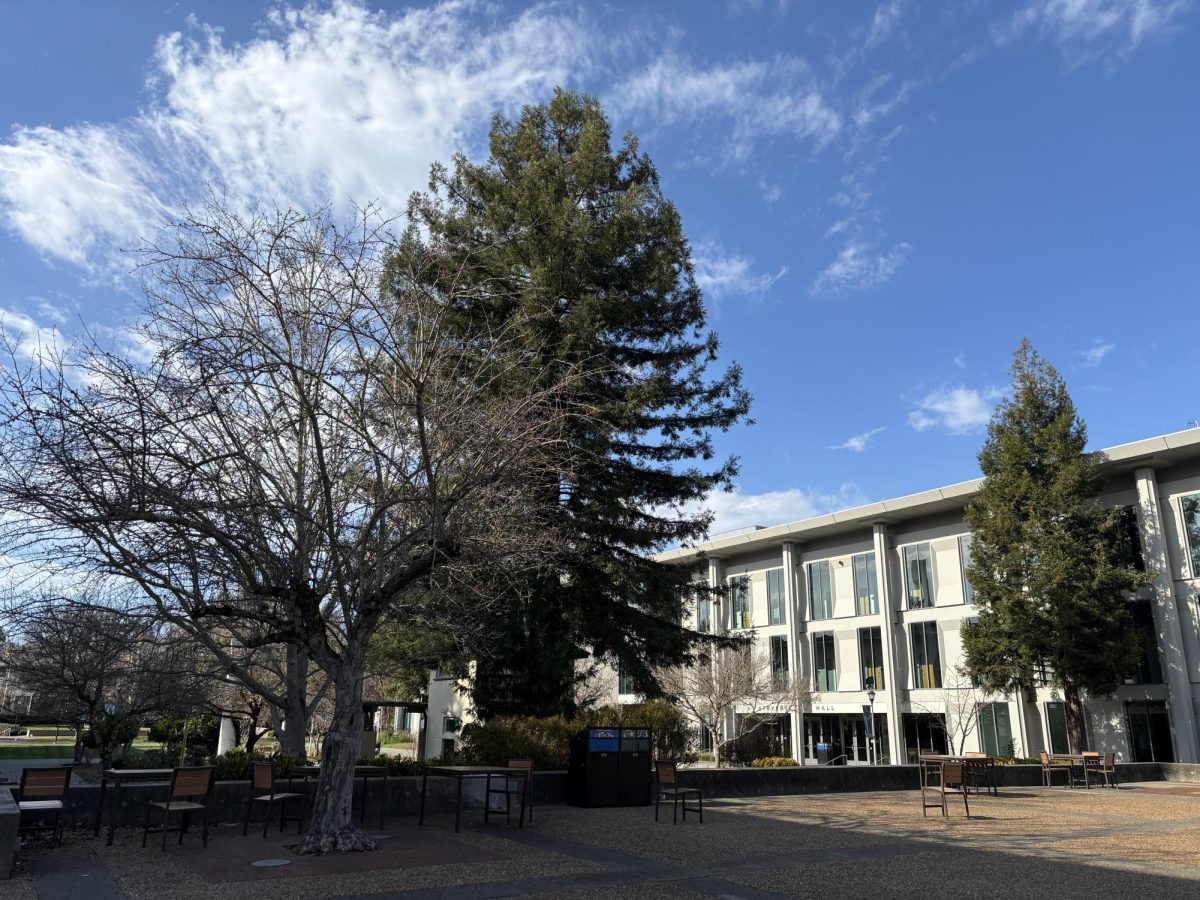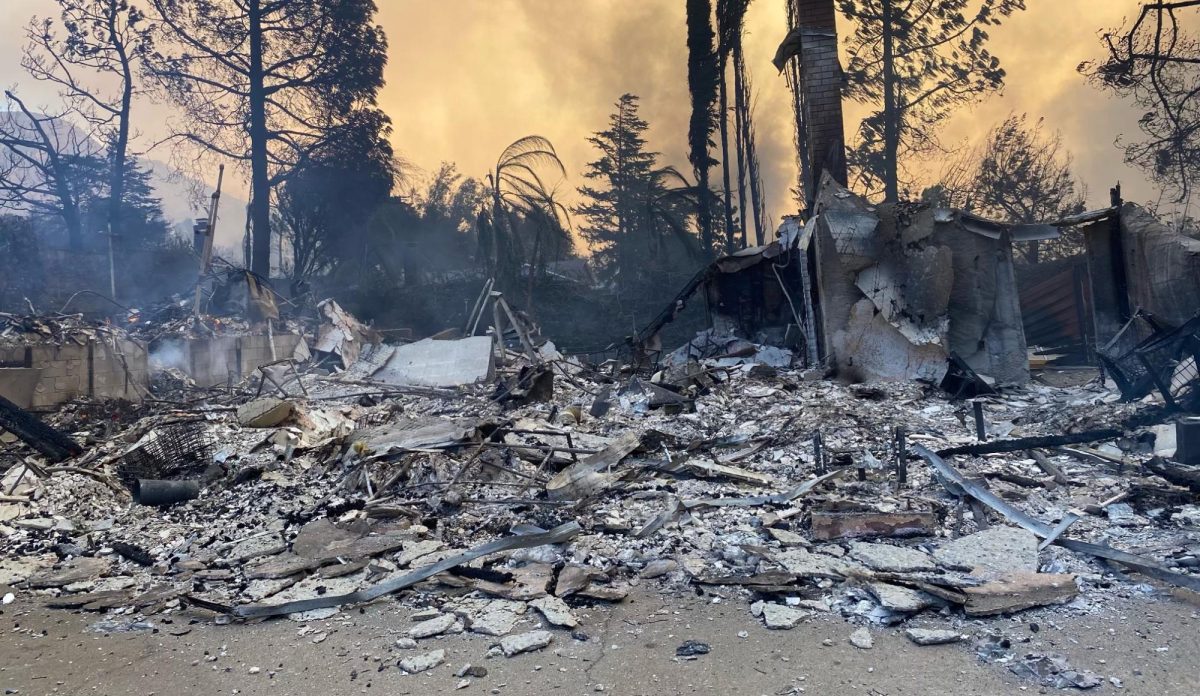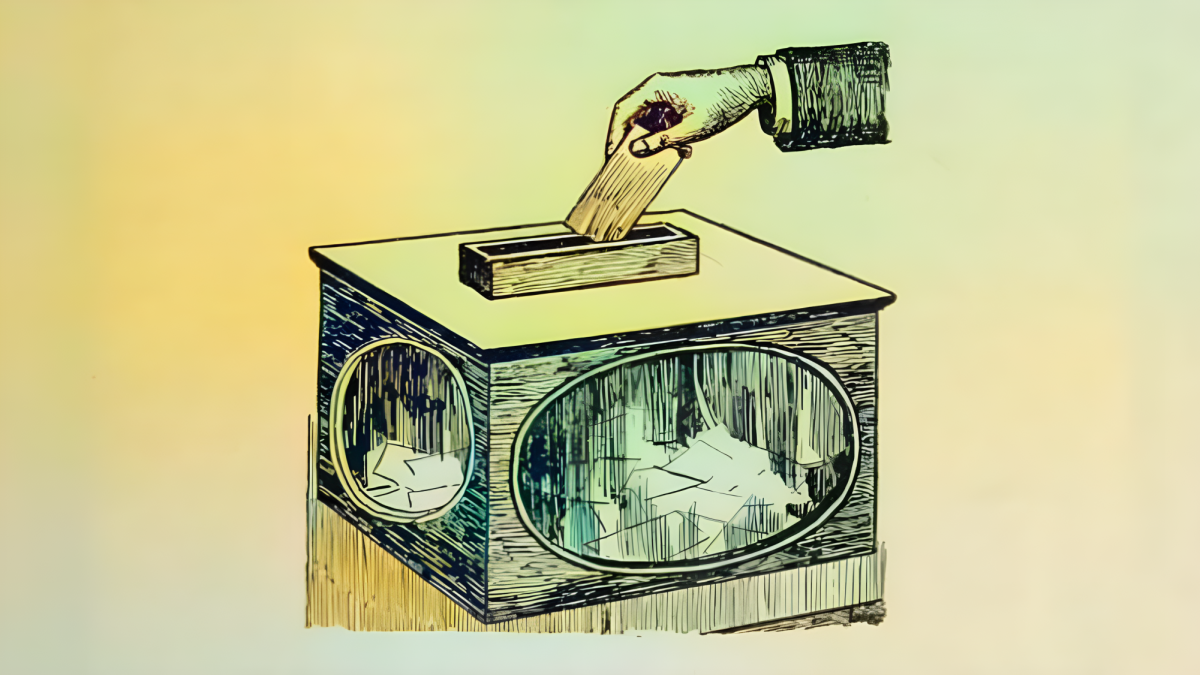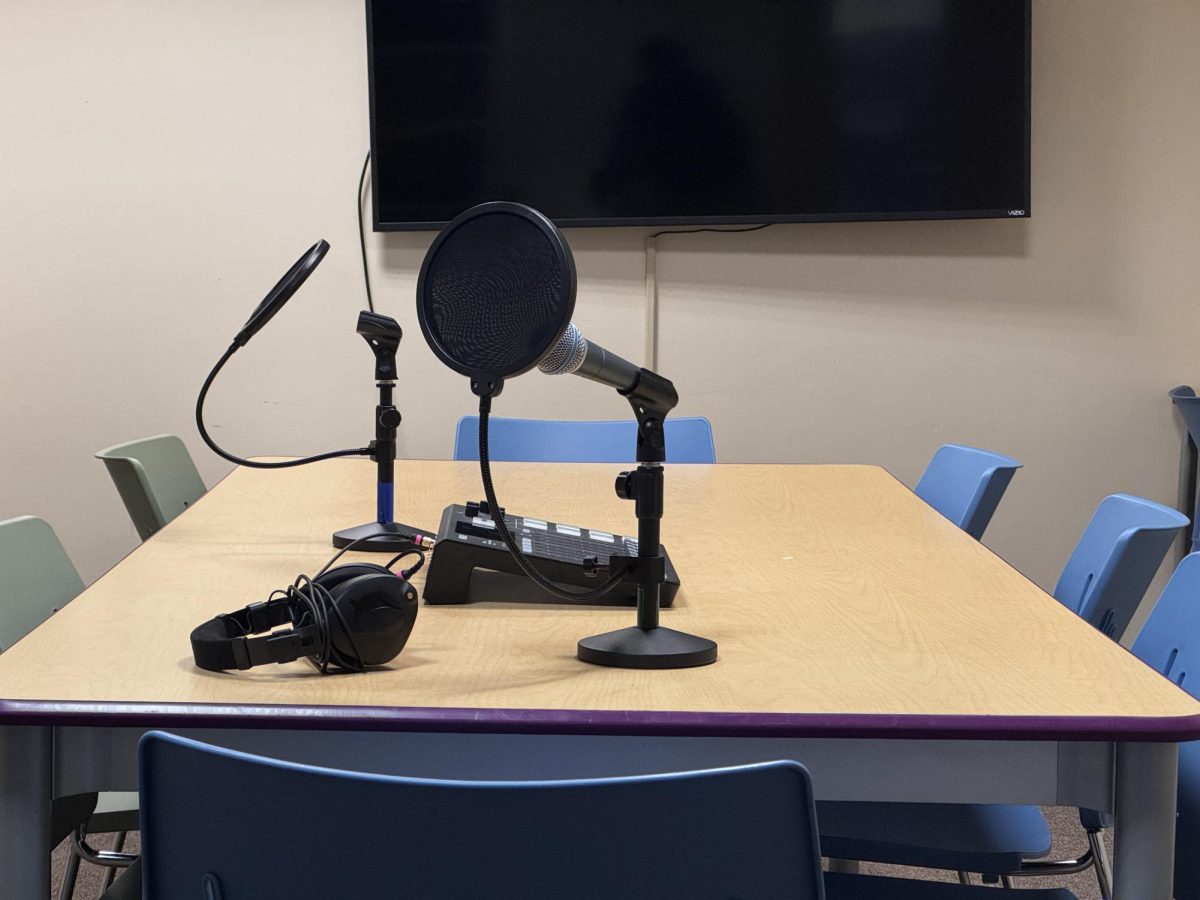In a dramatic escalation of tensions on the Korean Peninsula, the Gyeongui and Donghae Lines were destroyed Oct. 15, reflecting a significant decline in diplomatic relations between North and South Korea.
“This could probably reduce cultural exchanges, like tourism, family reunions, and media sharing, making it harder to build understanding and empathy,” said President of the Korean Culture Club Minsung Kim (‘25).
History of Conflict
Since the Korean War in 1950, where North Korea attempted to unify both countries under a single regime, relations have continued to deteriorate. The war ended in an armistice, establishing the Korean Demilitarized Zone (DMZ) – a heavily fortified buffer zone that serves as both a physical and symbolic division.
“It’s been a long-standing conflict…dating back to the 1900s with the annexation of Korea by Japan. It’s kind of a product of two different opposing mentalities of the time between communism and democracy,” said MUN President Reva Addagarla (‘26).
North Korean leader Kim Jong Un has made clear his intentions to sever ties with South Korea entirely after accusations that South Korea had flown drones over the North’s capital. In 2020, North Korea furthered this by demolishing an empty office just across the border, in retaliation for South Korean propaganda leaflet campaigns.
“I think because this is such a delicate debate, you have to consider both sides and points of view rather than just polarizing yourself and picking one point of view,” said Addagarla.
Military Pressures
In addition to ideological divides, each country’s emphasis on military strength has kept hostilities high. North Korean leader Kim Jong Un has convened emergency meetings with military officials, directing immediate military action to protect North Korea’s sovereignty.
“It’s disappointing that we’ve had so few opportunities for peace.” said Lillyana Caples (’26). “If we keep investing in weapons, the chances for any kind of reconciliation only get smaller.”
On the other side, South Korea, in close coordination with the United States, has ramped up its surveillance capabilities and defensive readiness. This militarization on both sides, while intended for protection, only keeps fueling the ongoing cycle of distrust.
“Ultimately, it’s the people who suffer the most,” said Caples. “We need to find ways to connect and communicate, not just build walls and weapons.”

